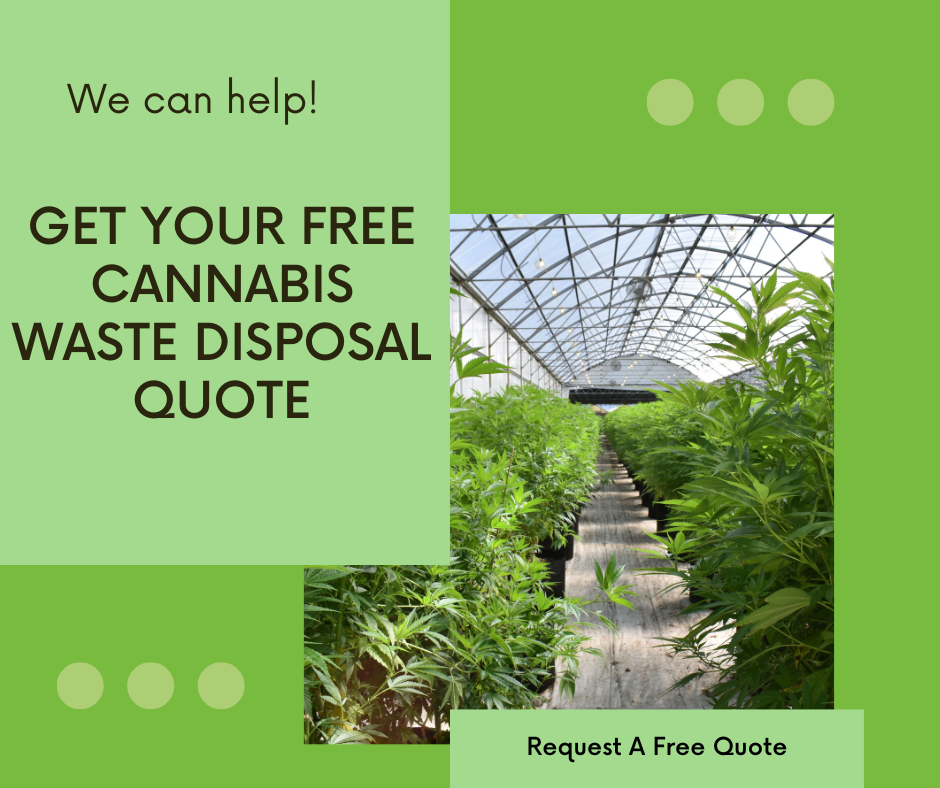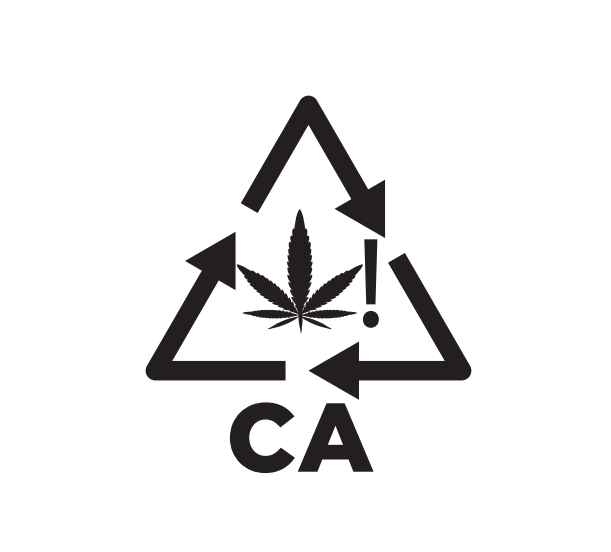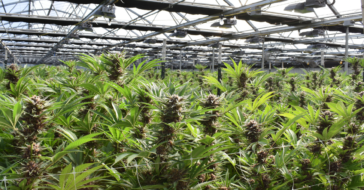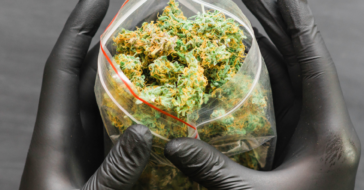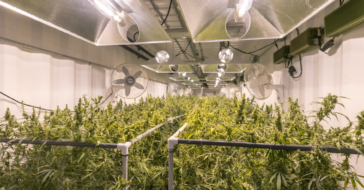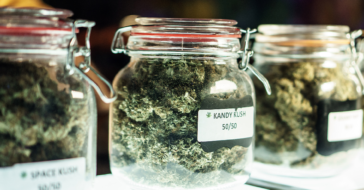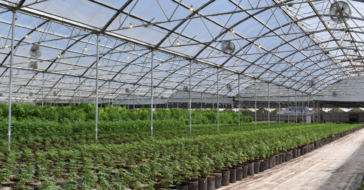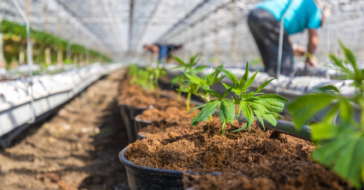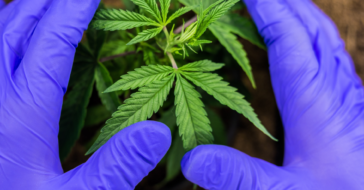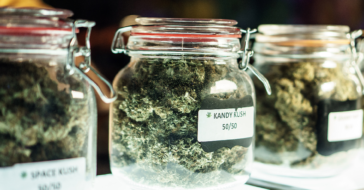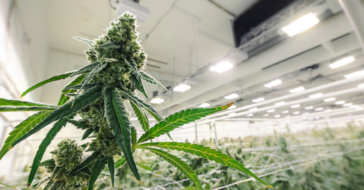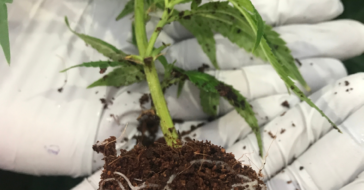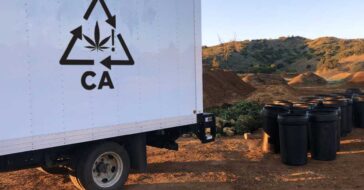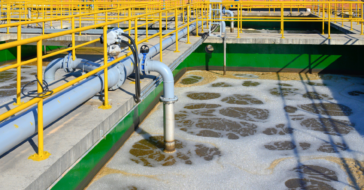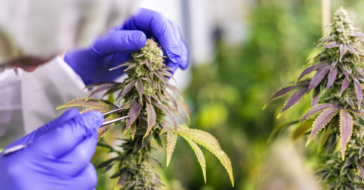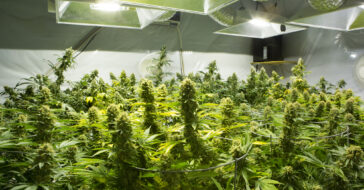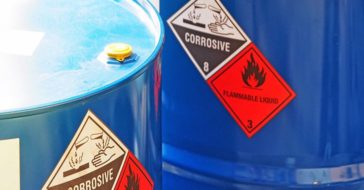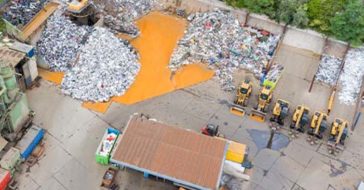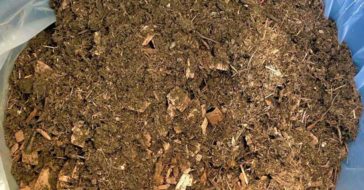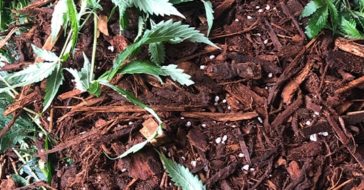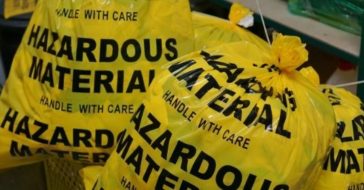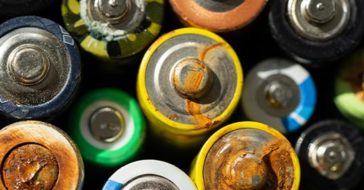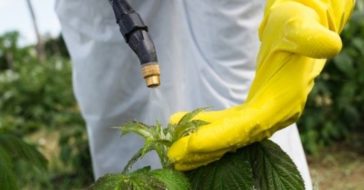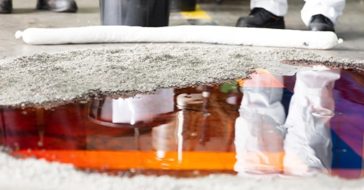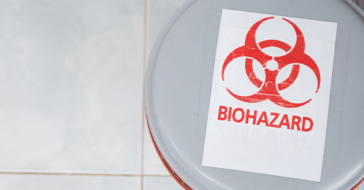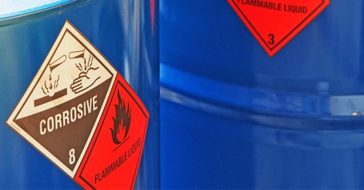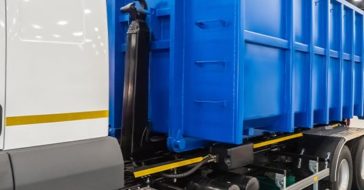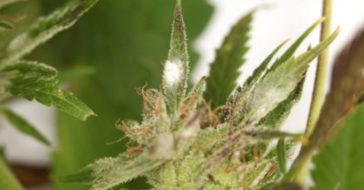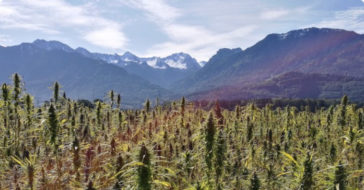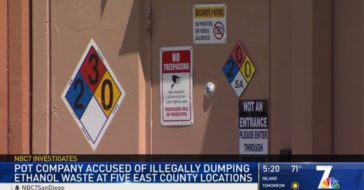Cannabis businesses operate within a complex legal landscape, and there are several laws you should be aware of that extend beyond federal regulations.
In fact, as marijuana legalization evolves both for medical and personal use, regulations have become more complex, and many of these law changes are happening at the state level.
In California, regulations are continually evolving, with some of the most recent legislation focusing on efforts to decriminalize mushrooms. And while recreational cannabis has been legal for years, even these laws are constantly being modified. A recently passed state bill that goes into effect in 2024 will ban employers from discriminating against workers based on their weed use when away from the workplace.
If your business manufactures, grows or sells any type of cannabis product, it’s critical to stay on top of the legal obligations surrounding this drug. This knowledge includes the area of disposal, which is highly regulated in California.
Here are three facts about marijuana disposal your cannabis business should know to ensure compliance:
- Cannabis is still a Schedule 1 Federally Controlled Substance.
- Not all marijuana waste is the same.
- You are required to have a marijuana waste management plan.
Cannabis Is Still A Schedule 1 Federally Controlled Substance
Although cannabis is legal in California, it remains a Schedule 1 Federally Controlled Substance. When it comes to disposal, that makes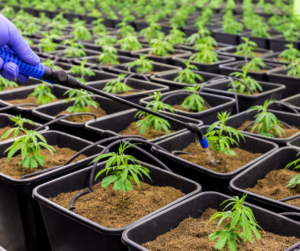 your waste management processes more complex.
your waste management processes more complex.
In fact, hazardous cannabis waste, non-hazardous cannabis waste and traditional hazardous waste are all categorized differently. That means different categories, different rules.
In California, the Department of Cannabis Control (DCC) regulates:
- Growing of cannabis plants
- Manufacturing of cannabis products
- Transportation of cannabis goods throughout the state
- Tracking of cannabis goods and waste
- Sale of cannabis goods
- Events where cannabis is sold or used
- Labeling of products sold at retail locations
While nearly half of the states in America have legalized marijuana (and more medically legalizing it or decriminalizing its use), it remains a Schedule 1 Federally Controlled Substance. It’s important to be aware not only of state laws you must follow during the disposal process, but also any federal hazardous waste laws your business may be subject to during disposal.
However, there is a push for the federal legalization of marijuana, with the federal government aiming to finish a review of marijuana’s current legal status by the end of 2023. What does this mean for your business if the federal government reschedules or deschedules marijuana?
This decision could have far-reaching effects on the cannabis and marijuana industry, impacting the demand for cannabis products from healthcare providers, consumers and other businesses that may want to add these products to their current inventory. You may then see changes in federal waste disposal laws and interstate transportation to accommodate this demand, not to mention changes in other areas of your business, including your ability to finance from banks and financial services providers, taxes and licenses.
Whether you’re currently in the cannabis industry or are considering incorporating it into your business, it’s important to particularly stay on top of disposal and transportation laws since you may see these change quickly as new regulations are adopted. Experienced cannabis waste disposal companies can help you with waste management compliance so you can focus on these other areas of your business as new guidelines emerge.
Not All Marijuana Waste Is The Same
A one-size-fits-all approach to marijuana disposal simply doesn’t cut it. Different waste types demand uniquely tailored disposal methods.
Here are just a few of the cannabis waste types your business may generate.
Plant Waste
Plant waste is all the unusable parts of the cannabis plant, from the leaves to the stems and roots. This waste is often generated during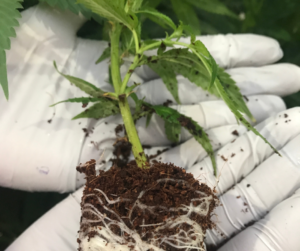 cultivation or processing. While plant waste is typically non-hazardous, it can still pose a problem if not properly managed.
cultivation or processing. While plant waste is typically non-hazardous, it can still pose a problem if not properly managed.
Manufacturing Waste
During the extraction, distillation and refinement of cannabis products, a business may generate manufacturing waste. Depending on the method you use during the manufacturing process, you may generate hazardous or non-hazardous waste. Each has its own set of disposal guidelines you must follow.
Packaging Waste
It’s easy to overlook the process by which you must dispose of any packaging you can no longer use. Plastic bags, containers and labels are all examples of packaging waste. As a company, it’s important to protect your branding and reputation should any of these products end up in the wrong hands and used for illicit purposes or improper representation.
Although packaging waste is typically non-hazardous and something you can simply discard, it’s a good idea to consider where you throw away this waste so that it doesn’t end up in the hands of individuals who want to sell inferior products disguised as your products.
Contaminated Soil
During the cultivation of cannabis plants, soil can be contaminated with pesticides and other chemicals. Most landfills will not accept contaminated soil due to its toxicity, requiring businesses to find alternative treatment plans. Contaminated soil must also be safely transported to treatment sites, often according to hazardous waste transportation guidelines.
Laboratory Waste
The testing and analysis of cannabis products can produce different types of lab waste. Types of laboratory waste include expired or contaminated testing kits, which may require specialized disposal according to state or federal guidelines.
Electronic Waste
Although electronic waste is not thought of as a type of cannabis waste, you may generate e-waste as part of your operations. When electronics are no longer needed, they often become waste. In California, many types of e-waste are considered hazardous, from keyboards to computer monitors, tools, laptops, printers, and even refrigerators and microwave ovens from breakrooms.
Other Considerations
It’s important to keep in mind that in California, anything that comes in contact with THC is considered hazardous. Even if you have a type of waste that is considered non-hazardous in its current state, if it comes in contact with THC, it is automatically classified as hazardous.
Any type of cannabis business, whether you’re a grow room or dispensary, must report this type of waste through the Cannabis Track and Trace (CCTT) system. The CCTT system tracks the movement of cannabis and cannabis products through the supply chain. Before the waste leaves the facility, it must be rendered unusable and unrecognizable.
As you can see, diverse categories of cannabis waste require distinct disposal approaches, underscoring the need for a tailored waste management strategy.
You Are Required To Have A Marijuana Waste Management Plan
One of the requirements of the Cannabis Track and Trace system is that you must develop a waste management plan that outlines how you will handle any marijuana waste that is generated on your property or as part of your production processes.
Any cannabis waste that is deemed hazardous must be disposed of off-site by a licensed marijuana waste disposal company.
Your waste management plan should include several detailed areas, including waste storage on-site. UN-rated containers that are air-tight for maximum odor protection are key to meeting storage requirements of cannabis waste. The best containers will include biodegradable lining to ensure proper hygiene and are guaranteed to meet all state regulations set forth by the different governing bodies in order to prevent odor and spillage.
Your waste management plan should also include:
- How your waste is transported to the appropriate sites and any considerations that must be taken
- How your waste will be disposed of, such as through composting, incineration or landfill
- Whether recycling or repurposing is possible for your waste and the actions that you will take to utilize these services
- Any recordkeeping requirements you must meet
- Training or education required of your employees
- Any other requirements you must meet, including manifests, certified weight upon drop-off and other details for accurate track-and-trace reporting
An experienced cannabis disposal company can consult with you and help you develop a waste management plan to ensure you are complying with regulations related to cannabis waste management.
The best cannabis waste management company will also ensure you are able to track the status of your waste by uploading all your documents electronically to a client portal. In the end, these services will help you stay on top of changing laws so that you can remain compliant in waste management and navigate the complex regulatory landscape of the cannabis industry with confidence.

